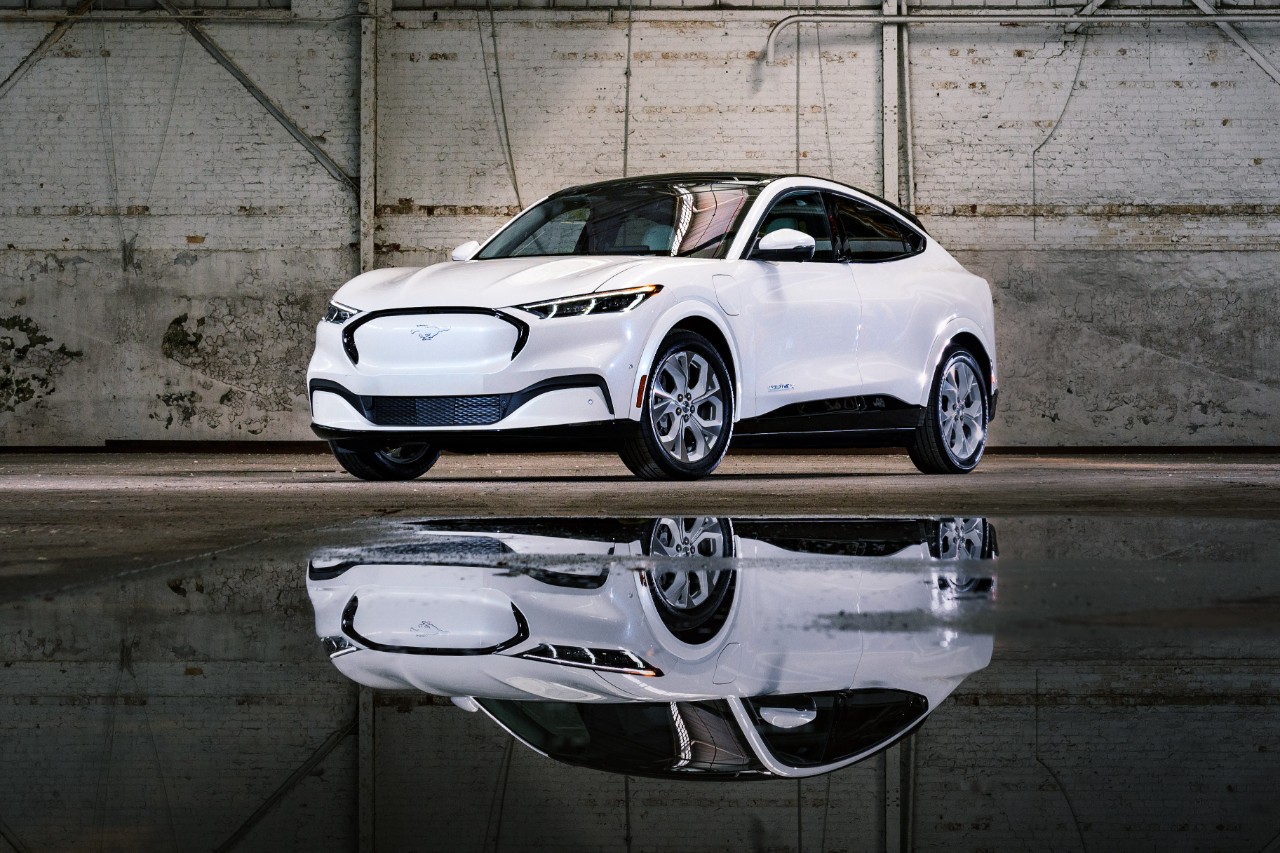Over the past few year, it's been a growing marketing tactic to tout products made in America, and it's resonated well with consumers. Would it surprise you to find out 3 of the top 4 most "American-made" vehicles sold in the U.S. aren't built by Detroit automakers? Just how big of a deal is that for Detroit automaker investors?
Let's look into some of the surprising trends revealed by Cars.com's recently released American-Made Index and see what it means for U.S. automakers Ford Motor Company (F 0.54%) and General Motors (GM +0.24%).
How does it work?
The Cars.com American-Made Index ranks vehicles by the percentage of domestic content and parts used in the vehicle. The list only includes vehicles comprised of at least 75% domestic content. It was Toyota Motor's (TM +2.08%) Camry that took the top spot in 2015. Here's how the rest of the list filled out:
- Toyota Camry
- Toyota Sienna
- Chevrolet Traverse
- Honda Odyssey
- GMC Acadia
- Buick Enclave
- Chevrolet Corvette
Yes, that's it. Only seven vehicles produced and sold in the U.S. are made with at least 75% domestic content, and the champion for the previous two years, Ford's F-150, dropped off the list entirely with the introduction of its redesigned 2015 F-150.
America's best-selling truck isn't the only vehicle to fall off the list; it's just another statistic in a growing trend. Consider that in 2010, Cars.com's American-Made Index listed 29 vehicles with more than 75% domestic content. That number dropped to less than 20 vehicles by 2012 and all the way down to a meager seven vehicles for this year's list.
"Automakers are becoming more global and that's better for the bottom line, but it also means a drop in the domestic content in cars and trucks," Patrick Olsen, editor-in-chief of Cars.com, told CNBC.
So, what exactly does this mean for Detroit automakers, and how much do Americans care?
"I think there is a fair chunk of Americans who do care about this," said Olsen, according to CNBC. "But the majority of car buyers still care more about things like price, reliability and brand loyalty."
American only
Interestingly enough, a chunk of consumers do care that their vehicles are American-made. In fact, 28% said they would only buy American vehicles, according to Cars.com. But there's also much consumer confusion when it comes to automakers and brands, which could limit the impact that the "American only" mind-set has on purchase decisions.
For instance, Cars.com polled consumers about the recent auto industry bailouts, and while 70% knew General Motors was a bailout recipient, only 53% correctly named Chrysler as another. Unfortunately, 29% of consumers also lumped Ford into the recipient list, even though the lone Detroit automaker survived on its own dime.
Furthermore, which brands are owned by which major automakers isn't common knowledge. Lexus, for instance, is Toyota's luxury line, and not a single Lexus vehicle was assembled in America, yet 21% of consumers thought Lexus was a U.S.-based brand. (In case it needs to be noted, Toyota is a Japanese automaker.)
So, while consumers do care about vehicles being American-made to some degree, understanding which vehicles meet that standard isn't as easy as it seems. And while a few Japanese vehicles are high on the 2015 American-Made Index, the majority of vehicles with higher domestic content are indeed produced by U.S. automakers. Looking beyond the index, which only considers vehicles with more than 75% domestic content, Ford, General Motors, and Fiat Chrysler Automobiles produce 37 of the 57 U.S.-assembled cars with 60% or higher domestic content. Meanwhile, some foreign-based automakers bring in dozens of import vehicles without a single domestic part.
The fact that Ford's F-150 dropped off the American-Made Index list, and that Japanese vehicles own the top portion of the list, doesn't mean investors should be worried about U.S. automaker's brand images suffering. Detroit still produces the majority of American-made vehicles and is said to employ two-thirds of the industry's autoworkers.
In addition, for those consumers who factor "American-made" into a vehicle purchase decision, as Detroit automakers continue to improve their vehicles' fuel efficiency and reliability as they have recently, their sales will continue to thrive in the U.S. market.








